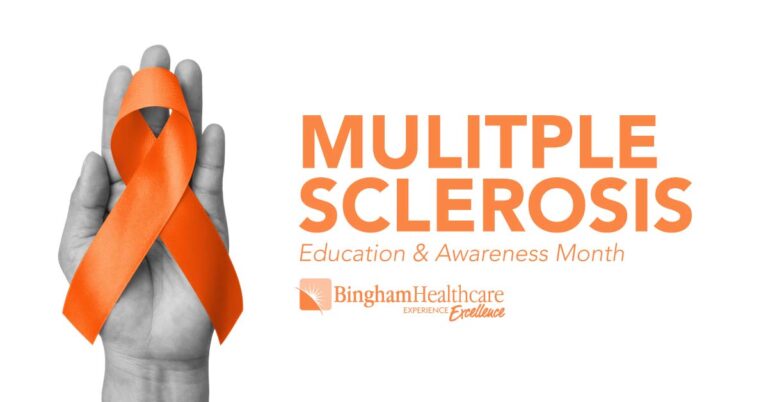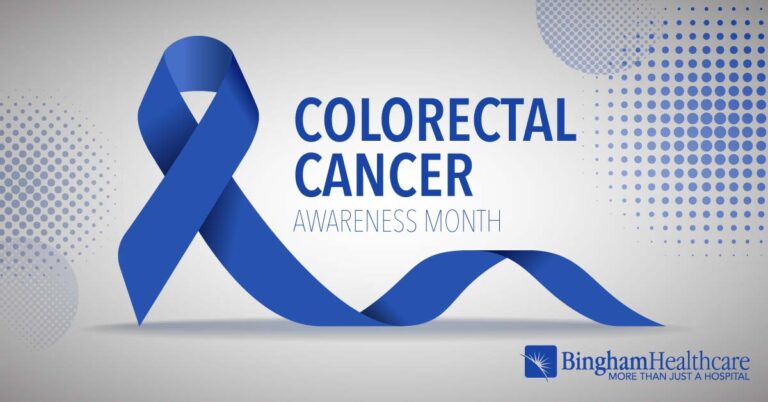
Keeping Your Gut in Check Part III
Part III: Heartburn
Trusting your gut and how to decipher the messages your body is sending.
We have a lot of good, healthy bacteria that live in our intestines. And really, this good bacteria does so much for us that we take it for granted—until something goes wrong. If your gut bacteria is not doing what it’s supposed to, you won’t be able to digest food properly and get the daily nutrients you need, your body won’t get rid of harmful toxins, and your hormones won’t balance properly.
“The gut is often referred to as the second brain because it has so much to do with brain function,” says David J. Bilstrom, MD—the Director of the Bingham Memorial Center for Functional Medicine and International Autoimmune Institute. “The gut is an organ of production. Our guts create serotonin (a feel good neurotransmitter) and it also produces the hormone insulin, which helps to control our blood sugar. The gut controls so many things.”
If your serotonin levels aren’t balanced, you could experience depression, and if your insulin levels aren’t right, this could lead to prediabetes or even type 2 diabetes. When your good-gut bacteria isn’t functioning properly, this can also turn into many gastrointestinal troubles, such as constipation, gas & bloating, heartburn, or diarrhea. However, these symptoms could also be a red flag that something more serious is wrong.
“The majority of Americans have had one or more of these problems,” says Dr. Bilstrom. “The general trend in our society is to self-manage these complaints, because they are so common. But that means people need to be extremely aware of what is serious—and what isn’t.”
If uncomfortable digestive symptoms are disrupting your daily activities (or are just a pain in the you-know-what), read on to learn what they may indicate and how you can find relief. Dr. Bilstrom provides a general guide as to what your heartburn symptoms might mean and which demand a prompt visit with your doctor.
SYMPTOM: HEARTBURN
What is it? A burning sensation caused by the reflux of gastric acid into the esophagus.
What could it mean: Certain foods can trigger heartburn, including spicy dishes, tomatoes and dairy products, as can smoking, being overweight, lying down too soon after eating, and eating large meals. When chronic or severe, heartburn is a common symptom of GERD (gastroesophageal reflux disease). But a peptic ulcer or gastric or esophageal cancer can cause it, too.
What you should do? Talk to your doctor about lifestyle changes that could help prevent heartburn.
Call your doctor: If you’re not getting relief from over-the-counter or prescription medications. If you’re only getting partial relief, don’t wait more than two weeks to tell your physician, Dr. Bilstrom advises. Most importantly, if you experience chest pain or other symptoms of a heart attack, call 911 immediately.
GUT CHECK
David Bilstrom, MD, is the Director of the Bingham Memorial Center for Functional Medicine & International Autoimmune Institute, which is the first medical center in the country to treat all types of autoimmune diseases. It is also the first to use nature, and its ability to improve human health and well-being, as an integral part of a wellness program.
Dr. Bilstrom works closely with experts in a number of medical specialties to evaluate, diagnose, and treat chronic and autoimmune diseases. He is always welcoming new patients at his office within the Bingham Specialty Plaza in Blackfoot. Appointments can be scheduled by calling (208) 782-2444.
Taking the mind, body, and spirit into consideration, Dr. Bilstrom understands firsthand the benefits integrated medicine can provide to patients. He is quadruple board certified in Functional and Regenerative Medicine, Integrative Medicine, Physical Medicine and Rehabilitation, and Medical Acupuncture. He has extensive experience in Anti-Aging & Regenerative Medicine, Acupuncture, Integrative Medicine, and Complementary and Alternative Medicines.
OFFICE LOCATION
Bingham Specialty Plaza
326 Poplar Street
Blackfoot, ID
T: (208) 782-2444
www.BinghamMemorial.org/Functional-Medicine
Return to Articles


